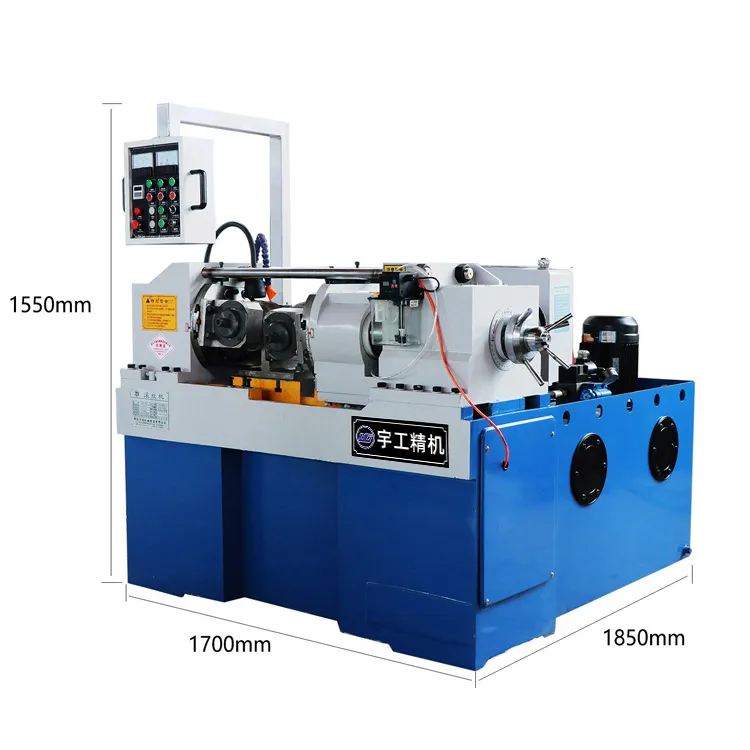
-
 Afrikaans
Afrikaans -
 Albanian
Albanian -
 Amharic
Amharic -
 Arabic
Arabic -
 Armenian
Armenian -
 Azerbaijani
Azerbaijani -
 Basque
Basque -
 Belarusian
Belarusian -
 Bengali
Bengali -
 Bosnian
Bosnian -
 Bulgarian
Bulgarian -
 Catalan
Catalan -
 Cebuano
Cebuano -
 Corsican
Corsican -
 Croatian
Croatian -
 Czech
Czech -
 Danish
Danish -
 Dutch
Dutch -
 English
English -
 Esperanto
Esperanto -
 Estonian
Estonian -
 Finnish
Finnish -
 French
French -
 Frisian
Frisian -
 Galician
Galician -
 Georgian
Georgian -
 German
German -
 Greek
Greek -
 Gujarati
Gujarati -
 Haitian Creole
Haitian Creole -
 hausa
hausa -
 hawaiian
hawaiian -
 Hebrew
Hebrew -
 Hindi
Hindi -
 Miao
Miao -
 Hungarian
Hungarian -
 Icelandic
Icelandic -
 igbo
igbo -
 Indonesian
Indonesian -
 irish
irish -
 Italian
Italian -
 Japanese
Japanese -
 Javanese
Javanese -
 Kannada
Kannada -
 kazakh
kazakh -
 Khmer
Khmer -
 Rwandese
Rwandese -
 Korean
Korean -
 Kurdish
Kurdish -
 Kyrgyz
Kyrgyz -
 Lao
Lao -
 Latin
Latin -
 Latvian
Latvian -
 Lithuanian
Lithuanian -
 Luxembourgish
Luxembourgish -
 Macedonian
Macedonian -
 Malgashi
Malgashi -
 Malay
Malay -
 Malayalam
Malayalam -
 Maltese
Maltese -
 Maori
Maori -
 Marathi
Marathi -
 Mongolian
Mongolian -
 Myanmar
Myanmar -
 Nepali
Nepali -
 Norwegian
Norwegian -
 Norwegian
Norwegian -
 Occitan
Occitan -
 Pashto
Pashto -
 Persian
Persian -
 Polish
Polish -
 Portuguese
Portuguese -
 Punjabi
Punjabi -
 Romanian
Romanian -
 Russian
Russian -
 Samoan
Samoan -
 Scottish Gaelic
Scottish Gaelic -
 Serbian
Serbian -
 Sesotho
Sesotho -
 Shona
Shona -
 Sindhi
Sindhi -
 Sinhala
Sinhala -
 Slovak
Slovak -
 Slovenian
Slovenian -
 Somali
Somali -
 Spanish
Spanish -
 Sundanese
Sundanese -
 Swahili
Swahili -
 Swedish
Swedish -
 Tagalog
Tagalog -
 Tajik
Tajik -
 Tamil
Tamil -
 Tatar
Tatar -
 Telugu
Telugu -
 Thai
Thai -
 Turkish
Turkish -
 Turkmen
Turkmen -
 Ukrainian
Ukrainian -
 Urdu
Urdu -
 Uighur
Uighur -
 Uzbek
Uzbek -
 Vietnamese
Vietnamese -
 Welsh
Welsh -
 Bantu
Bantu -
 Yiddish
Yiddish -
 Yoruba
Yoruba -
 Zulu
Zulu
types of thread rolling product
Types of Thread Rolling Products
Thread rolling is a highly efficient and cost-effective manufacturing process used to produce threaded components. This technique involves the deformation of material to create threads, which are essential in various applications, such as machinery, automotive, and construction. The process employs dies to shape the material into the desired thread profile without removing any material, making it an excellent option for producing high-strength and precise components. There are several types of thread rolling products, each serving different purposes and industries.
One of the most common types of thread rolling products is bolts. Bolts are fasteners that consist of a head and a cylindrical body with external threads. They are widely used in the assembly of machinery and structures, providing strong and secure connections. The thread rolling process enhances the strength of bolts compared to traditional machining methods, as it aligns the grain structure of the metal, resulting in improved fatigue resistance.
Another key product created through thread rolling is screws. Screws have a similar function to bolts but are designed for more versatile applications. They come in various thread forms, including coarse, fine, and self-tapping threads. The thread rolling process allows for the production of precision screws that are essential in electronics, furniture assembly, and automotive applications.
types of thread rolling product

In addition to bolts and screws, thread rolling is also used to manufacture nuts. Nuts are internal-threaded fasteners that work in conjunction with bolts and screws to create secure connections. The rolling process ensures that nuts maintain precise thread dimensions, which is crucial for their proper engagement with corresponding male-threaded fasteners.
Furthermore, thread rolling is employed in the production of specialty fasteners, such as studs and anchors. Studs are similar to bolts but lack a head, allowing them to be installed in tight spaces. Anchors are used to secure objects to walls or other structures, providing stability in construction and renovation projects. Both products benefit from the durability and strength offered by the thread rolling process.
In conclusion, the types of thread rolling products—bolts, screws, nuts, and specialty fasteners—are integral to various industries. The thread rolling method not only improves the mechanical properties of these components but also offers economical production and consistency in quality. As industries continue to evolve, the demand for reliable and robust threaded products will only increase, solidifying the importance of thread rolling in modern manufacturing.
